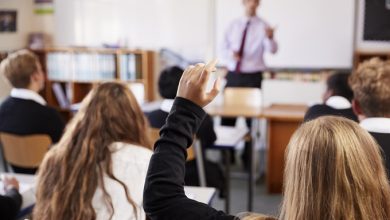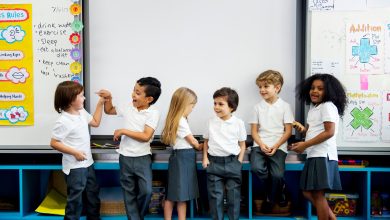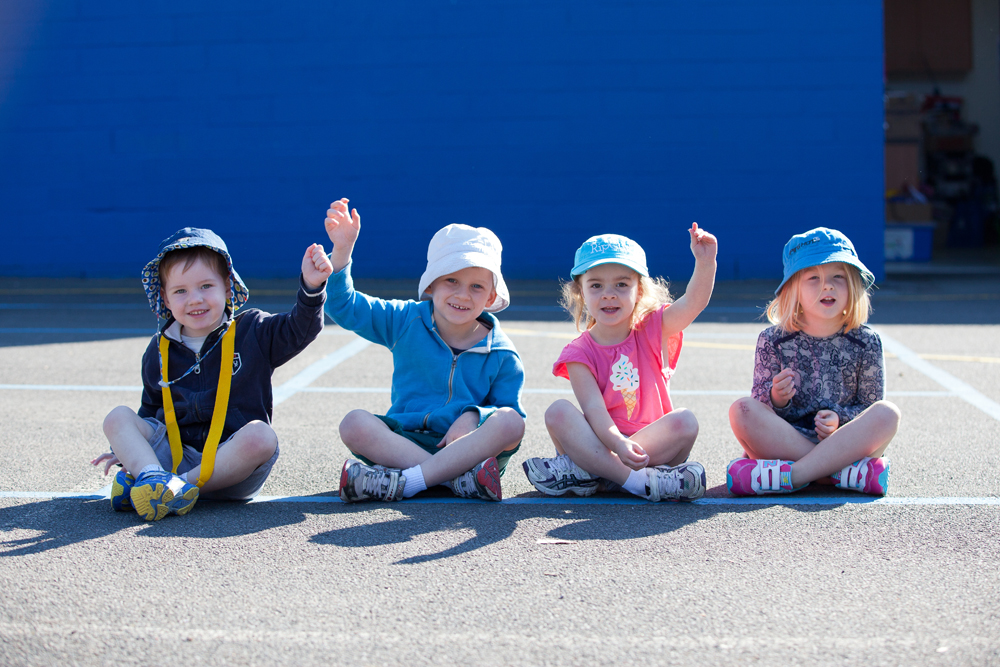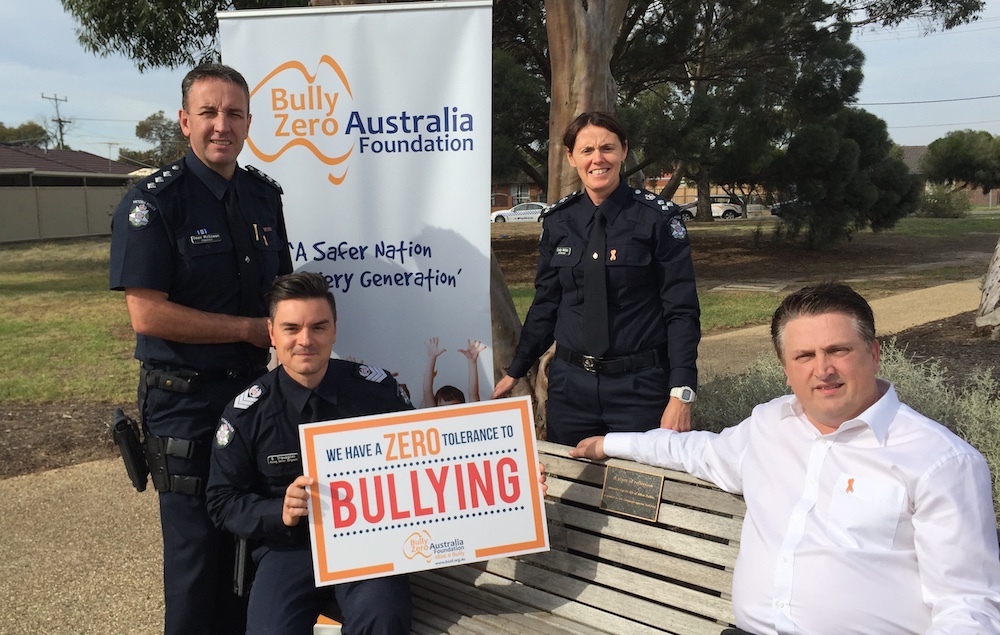
I always say that we should carry a healthy dose of skepticism into any conversation with a guru who wants teachers to do what s/he tells them to do. It demonstrates respect to your profession that your profession that you’d care enough to question whether the person aiming to change it is qualified to do so.
When I run a Professional Learning day for a school, I’ve got my guru hat on (whatever a guru hat might be) and, as such, I expect a few curly questions from the teachers I’m working with. Truth be told, I insist upon them. It’s actually great fun and I tell all teachers I work with that they should interrupt me at any time that’s convenient to them for a fight about practice, it’s just that the rules of engagement are that we fight fair and that I’m prepared to be wrong if you are.
There are some truly fascinating and productive ‘fights’ as a result of that intention. When I’m speaking to my passion area of Restorative Practices, the most common point that’s raised by participants is “Adam, I’ve heard that Restorative Practices works fine when there’s already an existing relationships but it doesn’t when you don’t know the kid or when you’re not getting along with that kid.” It’s a fair question and, to a point, it’s hard to argue with.
Restorative Practices does work best when a relationship exists. The restorative intention to leverage the shame and disappointment felt in students when they let down somebody who is personally invested in them is explicit.
But perhaps you’re:
- on yard duty and observing a student you don’t know throwing an apple core across a crowded courtyard.
- working with a new student to class who has arrived with a file as thick as an old Yellow Pages directory.
- filling in a class with a year level that you don’t routinely teach.
- What then?
The good news is that I’ve also not yet found a more effective way to build that relationship than working restoratively too. Think about it. Is there really a good reason for abandoning best practice just because you haven’t yet connected personally with a student? When the relationship doesn’t exist, pop on your restorative construction helmet, grab your restorative toolbelt and walk fearlessly into the conversation with a determination to leave it with a stronger relationship in place.
In the case of the apple chucker, my intention is to firstly introduce myself with a smile. “G’day, I’m Mr Voigt. What’s your name?” and in less corona-like days I’d have thrust out a hand for a handshake. If I’m lucky, I’ll get a one-word answer that might even be the truth and we’ve got the ball rolling.
Next step is to address what happened. I’ll say “Listen, you seem a smart kid. You probably already know why I came over. So, what’s the story with chucking the apple?”.
Ensure that you give the students time to reply. Just wait. And wait, if you need to. If you get a “I dunno, I was just being stupid.” then you should take it. There’s really not a rational answer to that question anyway. Then I say, “That makes sense. I was disappointed to see you do it, but we all do stupid stuff sometimes. What are you going to do about that?” Waiting again.
“Oh, I should probably go pick it up.” to which you’ll reply “Yeah, that’d be good. I’ll walk with you and give you a hand.”
While we walk, I connect personally by discussing the student’s interests and then finish with a gratitude for reluctantly getting the apple chunks to the bin. I say “I think I’m gonna like working with you.” and I leave.
And the foundations of the relationship I’m looking to build are in place. In a restorative model, we relentlessly chase the chance for a little win in the form of thanking and congratulating students for doing the right thing. It makes the next apple hurling incident so much easier to work with too.
AITSL STANDARDS FOR TEACHERS… and you addressed them by reading!
The Big One
4.3 Manage challenging behaviour
Plus:
1.1 Physical, social and intellectual characteristics of students.
3.3 Use teaching strategies.
4.2 Manage classroom activities.







